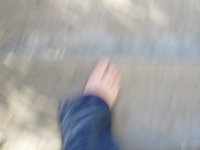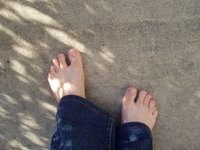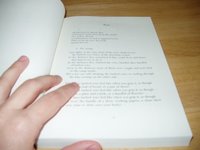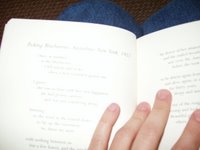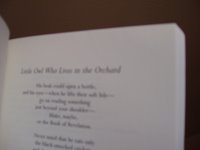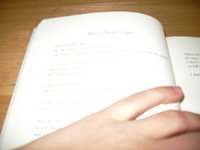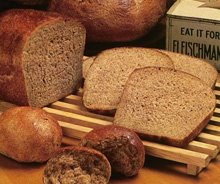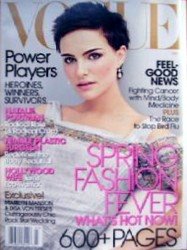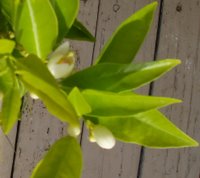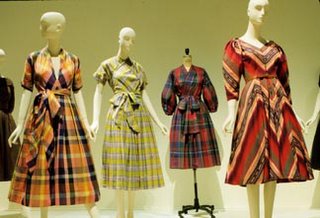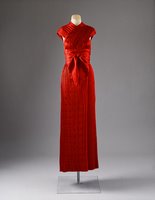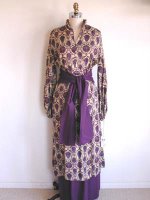Growing
I was terribly studious and resented people copying after me. But Moni was different. I fell in love with her. She lent me books on transcendental philosophy. In her cramped room, sitting on her unmade bed, smelling the faint stale smell of her sheets, I listened for the first time to The Doors and Janis Joplin. She took me to my first rock concert -- though, it is true, she abandoned me to smoke pot in the back of the concert hall with her wilder friends. I didn't mind at all letting her copy after me. That seemed, in fact, a small price to pay for all the new things she was showing me. It seemed a small price to pay for the mixed but intense pleasure, unusual for me, of catching my parents look at me with eyebrows raised and pursed mouths. Before I became friends with Moni I didn't break any rules. I was the perfect daughter, a goodie-two-shoes. I didn't know I could be anything else. I didn't know I could want to be anything else.
But Moni was too fast for me, too reckless. I couldn't follow her in all the dark places where she wanted to go. She didn't care about leaving me behind. She stopped talking to me one day. She skipped more and more days of school. When she turned up her face was grey and her eyes blank. I walked her home one day although I knew she didn't want me to, and I tried to talk to her about what was happening. She was drinking and doing drugs and smoking and not sleeping. She was cutting herself. I talked and talked and heard myself sound like my mother. Moni didn't say anything. "I want to help you," I kept saying, lamely. Moni looked at me with a tired, sickened expression on her face. "Give it up," she said.
I did. I'm sorry for it to this day. I don't know what I could have done. I don't know how I could have loved her better. She's in Australia now, and she had a little girl. I try to picture her as a mother, and my heart just gives. I try to imagine what I would say to her if I saw her again. And I can't think of any words, trivial or important, to break the silence. We failed each other so extravagantly; I loved her so naively, without the courage to know her deeply, and she was rightly careless with that kind of love. My parents were immensely relieved when I stopped bringing her to our house; my sister stopped hating me as fiercely as usual for a few weeks.
Spring reminds me of Moni because it is a season when I feel at odds with myself. The warm weather and the smell of trees blooming, the rawness of the air, make me feel exhilarated and irritated at the same time. I feel as if I'm failing myself and the world in a way that I don't understand and can't rectify. I quiet down a bit when it rains in the spring. I sit at the window and listen to the sound of the water on the glass and am able to believe that I still have time to grow.



